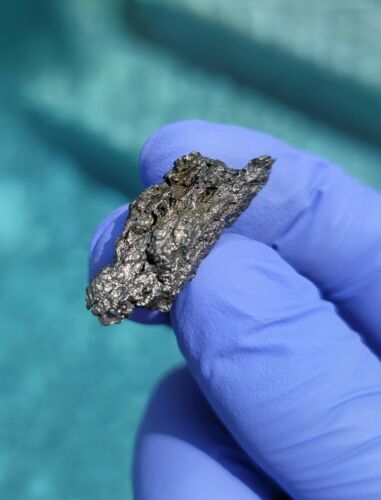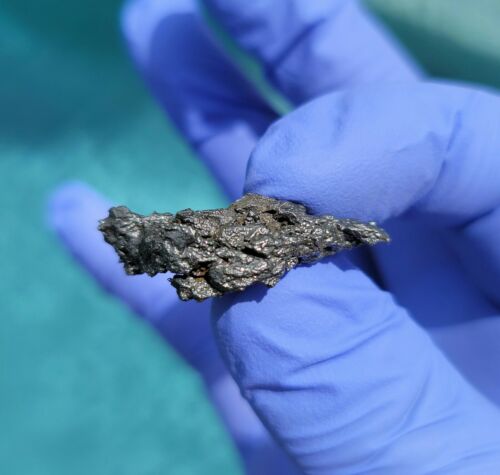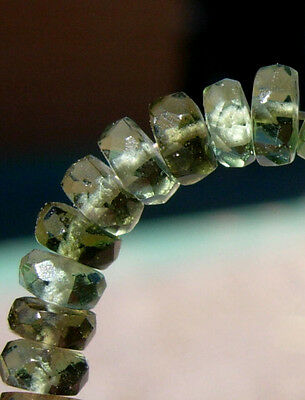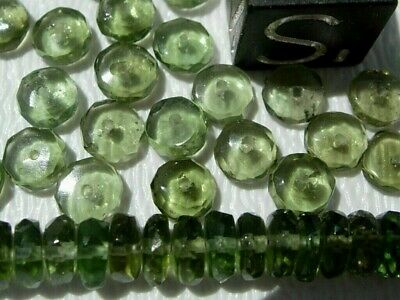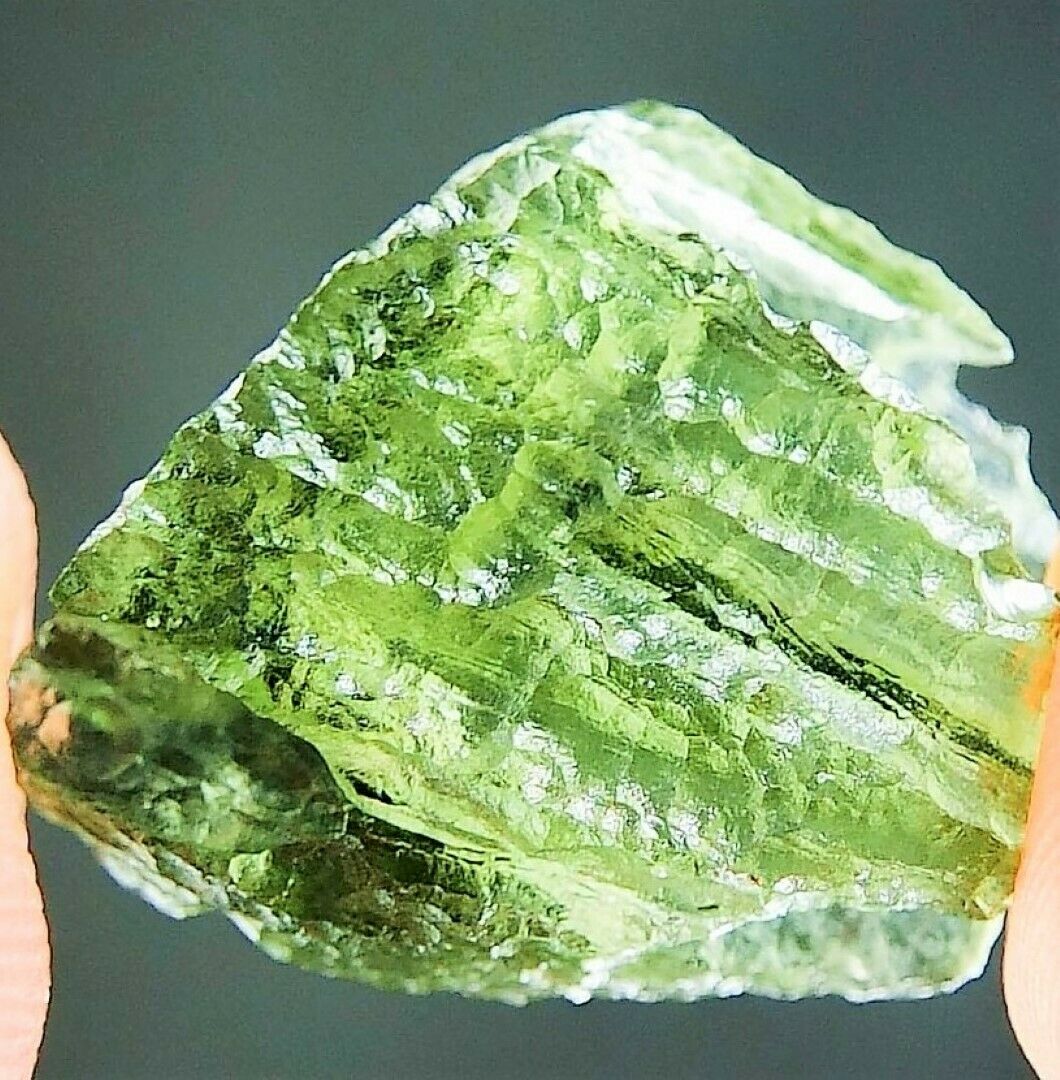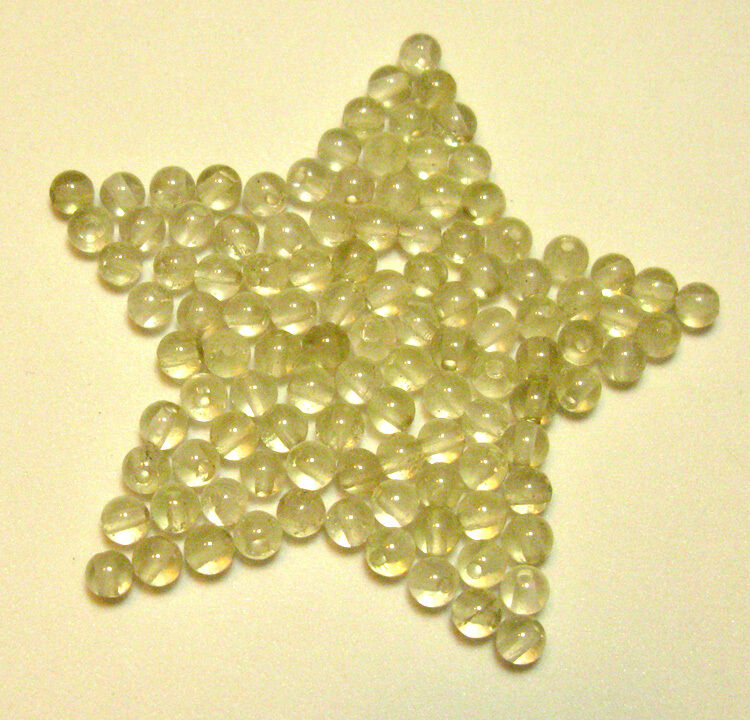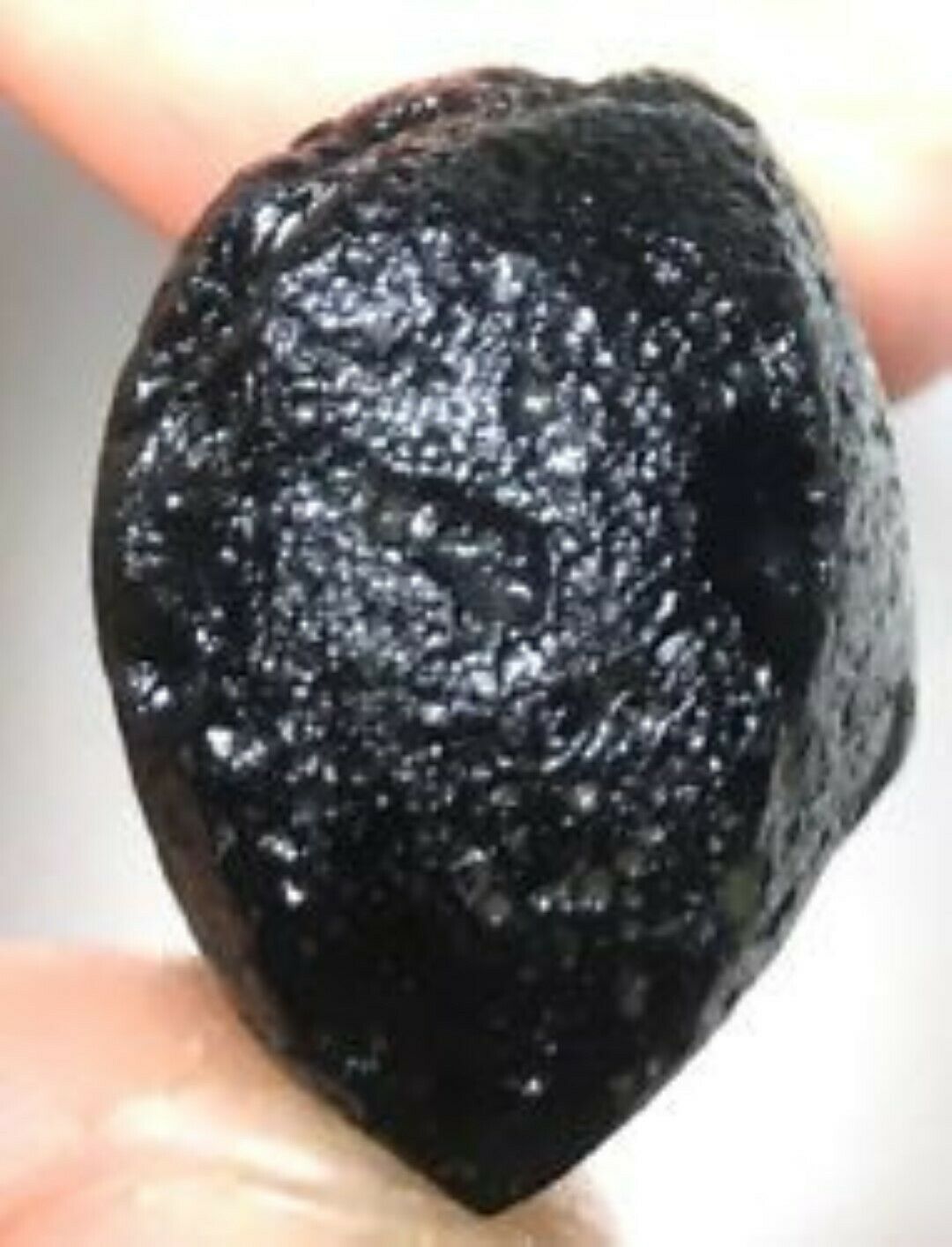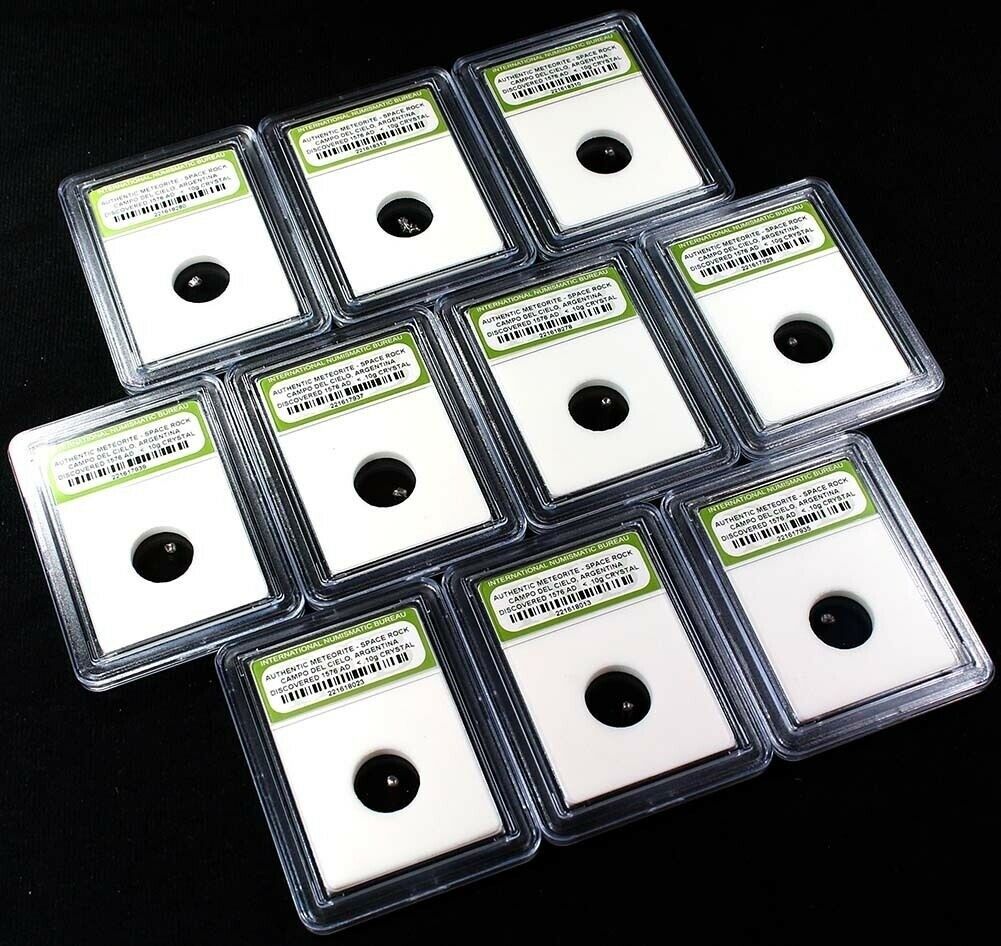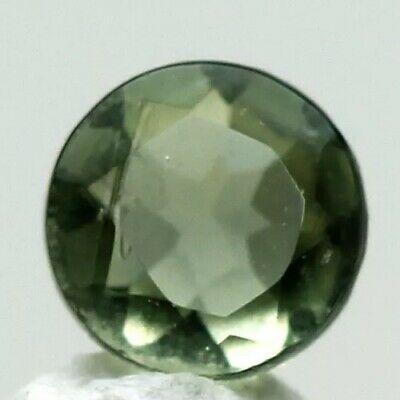-40%
Meteorite**Dronino, Iron UNG**7.123 Grams Beautiful shrapnel mini individual!!
$ 10.55
- Description
- Size Guide
Description
Hello up for auction is a well known meteorite named Dronino classified as an Iron Ungrouped. This beautiful mini individual weighs 7.123 Grams and is a very high quality shrapnel individual!! This meteorite was originally found in Dronino Ryazan district, Russia July 2000 by Oleg Guskov, Moscow resident, as he was returning home from collecting mushrooms near the village of Dronino in the Ryazan district. I have acquired 150 grams of the best looking sculpted individuals I could find, I hope you enjoy and take care.Meteoritical bulletin says:
Name:Dronino
This is an OFFICIAL meteorite name. Abbreviation:There is no official abbreviation for this meteorite. Observed fall:No Year found:2000 Country:Russia Mass:3 t Classification history:Meteoritical Bulletin:MB 88(2004)Iron-ungMetBase:v. 7.1(2006)Iron-ungRecommended:Iron, ungrouped[explanation] This is 1 of 130 approved meteorites (plus 1 unapproved name) classified as Iron, ungrouped.[show all] Search for other:Iron meteorites,Metal-rich meteorites, and Ungrouped irons Comments:Revised 26 Sep 2014: Fixed mass to agree with text Writeup Writeup fromMB 88: Dronino Ryazan district, Russia Found July 2000 Iron, ataxite (ungrouped) A 40 kg iron was found by Oleg Guskov, Moscow resident, as he was returning home from collecting mushrooms near the village of Dronino in the Ryazan district. In early 2003, it was taken to Vernad, and identified as meteoritic. In summer 2003, scientific expeditions and meteorite hunters collected more than 600 fragments (the largest is 250 kg) totaling about 3 000 kg and occurring at a depth of 0.2-2 m across an area of 0.5x1.5 km. The distribution of the fragments suggests that the meteorite formed a now-buried crater about 30 m in diameter. This crater is not reflected in the present-day topography of the site. No historical records exist of a meteorite fall, thus it appears likely that the meteorite fell earlier than the 12th century when the area was largely unpopulated. Classification and mineralogy (D. Badyukov, M. Nazarov,Vernad; J. Wasson,UCLA): the Dronino iron is an ataxite containing sulfide inclusions (~10 vol.%) and consisting of kamacite (7.00.5 wt% Ni and 0.75 wt% Co) and rare taenite (26.50.5 wt% Ni and 0.35 wt% Co) as elongated precipitates (1-3 m in size) which form linear and banded textures; sulfide inclusions (up to a few mm in size) rounded and elongated along the banding; accessories are chromite and Fe phosphate (graftonite?); no phosphide was found and P is not detectable in metal with EMP; INAA data: Ni 98.1, Co 5.54 (mg/g), Cr 37, Cu 32, Gai
